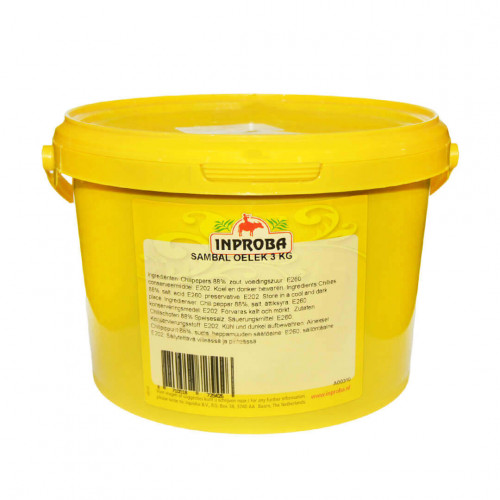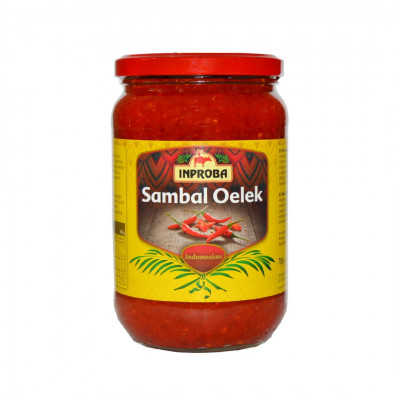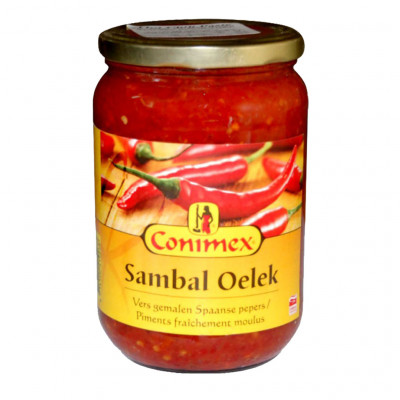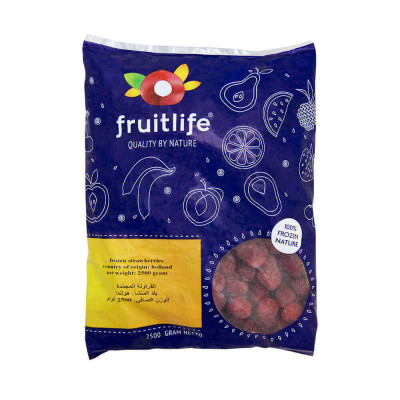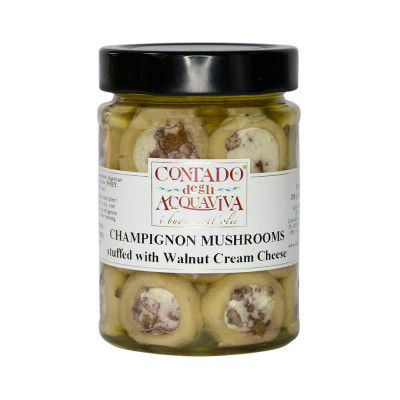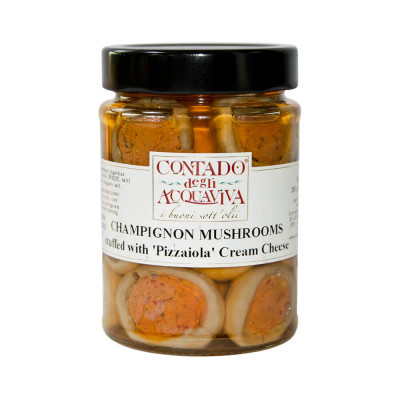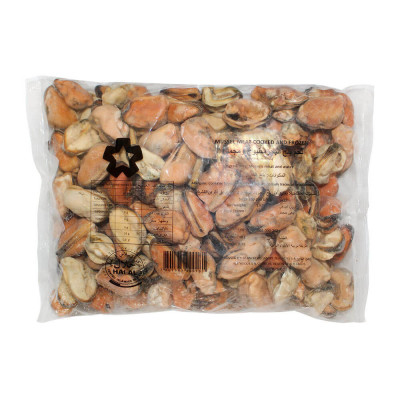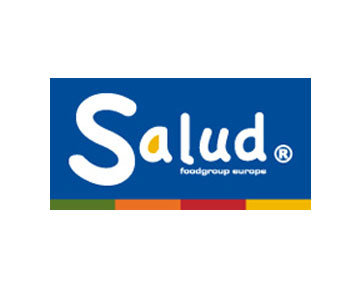Nice and spicy! This classic Sambal Oelek is based on freshly-ground red peppers and gives Asian and other dishes a little extra kick!
Sambal is sauce typically made from a variety of chili peppers and secondary ingredients such as shrimp paste, fish sauce, garlic, ginger, shallot, scallion, sugar, lime juice, and rice vinegar or other vinegars.
Various recipes of sambals usually are served as hot and spicy condiments for dishes such as ikan bakar (grilled fish), ikan goreng (fried fish), ayam goreng (fried chicken), and soto. Sambal is an Indonesian loan-word of Javanese origin (sambel)
Traditional sambals are freshly made using traditional tools, such as a stone pestle and mortar. Sambal can be served raw or cooked. The chili pepper, garlic, shallot and tomato are often freshly ground using a mortar, while the terasi or belacan (shrimp paste) is fried or burned first to kill its pungent smell as well as to release its aroma. Sambal might be prepared in bulk, as it can be easily stored in a well-sealed glass jar in the refrigerator for a week to be served with meals as a condiment. However, some households and restaurants insist on making freshly-prepared sambal just a few moments prior to consuming in order to ensure its freshness and flavor; this is known as sambal dadak (lit. "impromptu sambal" or "freshly made sambal"). Nevertheless, in most warung and restaurants, most sambal is prepared daily in bulk and offered as a hot and spicy condiment.
Store in a cool and dark place.
Review this product
Share your thoughts with other customersImages are for representational purposes only. The actual product may vary in appearance and content from what is displayed here.
21GourmetStreet.com assumes no liability and cannot guarantee the accuracy of the product information (availability, price, packing, and other details) provided here at all times.
Feel free to check-in with us prior to placing your order(s). Alternatively, we will inform you of any variations once we receive your order(s).
Description
Nice and spicy! This classic Sambal Oelek is based on freshly-ground red peppers and gives Asian and other dishes a little extra kick!
Sambal is sauce typically made from a variety of chili peppers and secondary ingredients such as shrimp paste, fish sauce, garlic, ginger, shallot, scallion, sugar, lime juice, and rice vinegar or other vinegars.
Various recipes of sambals usually are served as hot and spicy condiments for dishes such as ikan bakar (grilled fish), ikan goreng (fried fish), ayam goreng (fried chicken), and soto. Sambal is an Indonesian loan-word of Javanese origin (sambel)
Traditional sambals are freshly made using traditional tools, such as a stone pestle and mortar. Sambal can be served raw or cooked. The chili pepper, garlic, shallot and tomato are often freshly ground using a mortar, while the terasi or belacan (shrimp paste) is fried or burned first to kill its pungent smell as well as to release its aroma. Sambal might be prepared in bulk, as it can be easily stored in a well-sealed glass jar in the refrigerator for a week to be served with meals as a condiment. However, some households and restaurants insist on making freshly-prepared sambal just a few moments prior to consuming in order to ensure its freshness and flavor; this is known as sambal dadak (lit. "impromptu sambal" or "freshly made sambal"). Nevertheless, in most warung and restaurants, most sambal is prepared daily in bulk and offered as a hot and spicy condiment.
Guidelines
Store in a cool and dark place.
User Reviews
Review this product
Share your thoughts with other customersDisclaimer
Images are for representational purposes only. The actual product may vary in appearance and content from what is displayed here.
21GourmetStreet.com assumes no liability and cannot guarantee the accuracy of the product information (availability, price, packing, and other details) provided here at all times.
Feel free to check-in with us prior to placing your order(s). Alternatively, we will inform you of any variations once we receive your order(s).



